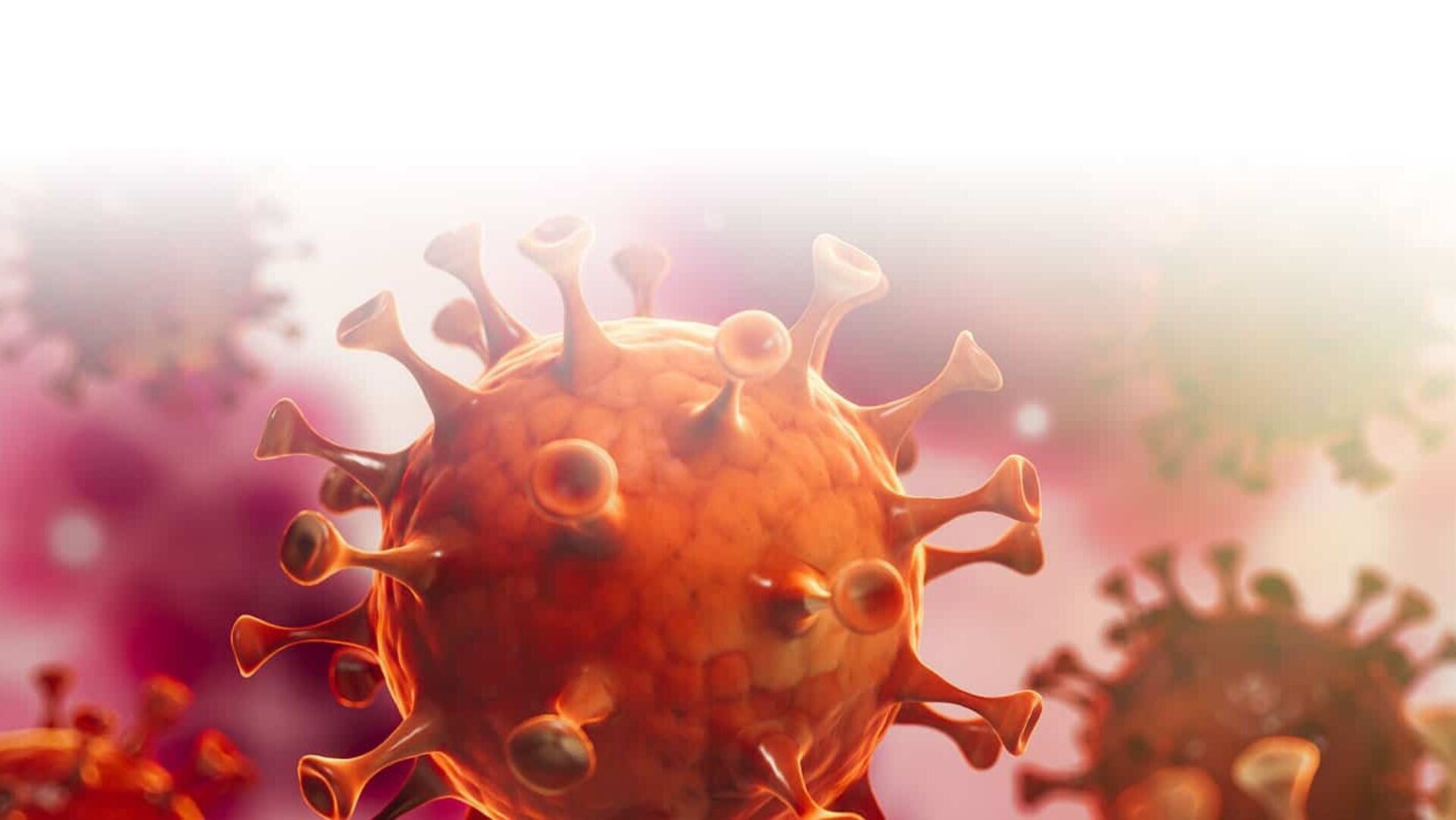EXPERT OPINION
The cleaning and disinfection performance of MEIKO bedpan washer-disinfectors has now been assessed as highly effective against the novel coronavirus by virologist and hygienist PD Dr. Dr. Friedrich von Rheinbaben.
>> to the expert opinion for TopLine
>> to the expert opinion for TOPIC
MACHINES
- Addition of an alkaline detergent in the hot water wash cycle: Tests have shown high efficacy in combating viruses with envelopes, in particular using detergents with high emulsifying capacities and hot alkali-detergent solutions at 50 °C or higher. Coronaviruses fit into this category.
- Setting of the disinfection process to an A0 value of at least 600: With some appliances, the operator can do this alone; with other devices, your MEIKO contact partner has to perform the configuration.
- Mandatory dosing of a rinse aid/water softener: This has an additional destructive effect on viruses so it is currently especially recommended as part of the process. They are used anyway in MEIKO bedpan washer-disinfectors to prevent the build up of limescale deposits in the machine and mineral residues on the care utensils.
Please note that the virus and its properties have not yet been fully researched. Therefore, together with virologist and hygienist PD Dr. Dr. Friedrich von Rheinbaben, we have defined a standard with which we are sure effectively inactivates the pathogen.
CHEMICALS
Numerous tests have shown high efficacy in combating viruses with envelopes, in particular using detergents with high emulsifying capacities and hot alkali-detergent solutions at 50 °C or higher. Coronaviruses fit into this category.
In the process, a rinse aid or softener must also be used, which not only prevents the formation of lime deposits in the machine, but also of mineral residues on the care utensils. Its decomplexing characteristics will also have a destabilising effect on viruses.
For further information on detergent and rinse aid please contact your MEIKO authorized service partner found here.
HYGIENE MEASURES
The Robert Koch Institute (RKI) advises staff in medical facilities to use the following equipment when caring for and treating patients with unspecified acute respiratory infections:
- Protective gown
- Single use gloves
- Tightly fitting respirator mask (protective level FFP2; FFP3 or respirator, especially in the case of prolonged exposure, e.g., bronchoscopy or other activities where large amounts of aerosols can occur)
- Safety goggles
- Long sleeved, water-proof disposable aprons during nursing, diagnostic or therapeutic activities with patient
